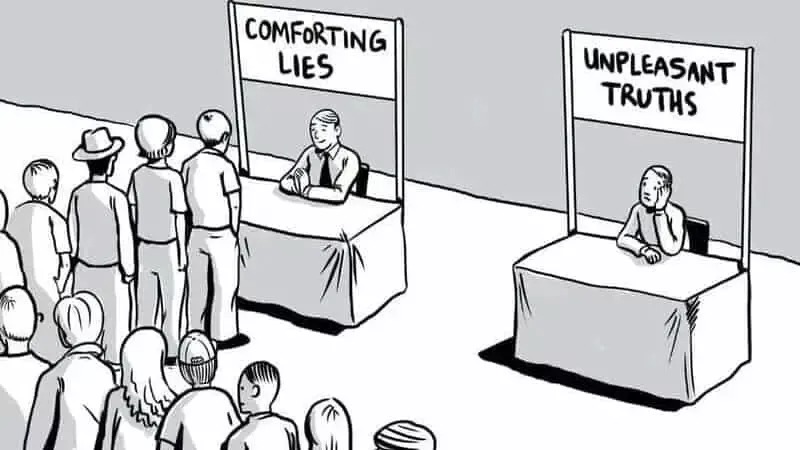“Popular,” the one loved by the people. “Popularity,” the sympathy felt by the public towards someone. A politician is judged, in most cases, not by their deeds but by how popular they are among their people.
And many times, politicians are labelled as successful or unsuccessful according to the popularity indices recorded at any given moment. Political history has plenty of examples of popular politicians who failed to govern, as well as successful administrations led by presidents/prime ministers with low popularity.
Affection and antipathy towards politicians mostly have to do with how easily they connect with people and how close citizens feel to them. Usually, a politician is considered popular if they say things that resonate with the electorate and the wider populace.
Rarely does a politician who firmly addresses problems and is ready to find tough solutions achieve great popularity.
Today, the phenomenon of “popular leaders” is becoming increasingly rare. Recent reports addressing the issue of popularity noted the sharp decline in Biden’s popularity, with an average of 37% in polls being the lowest recorded for a US president in their first term.
However, in the same reports, it was noted that even with its historically low figure, many leaders in Europe would envy such a percentage.
Ruchir Sharma of the Rockefeller Institute, in a recent article, observed that leader unpopularity has reached epidemic proportions lately. Sharma, who has been monitoring popularity rates of leaders in developed countries for years, points out that only in one country, Italy, did Prime Minister Giorgia Meloni’s popularity increase after 2020.
In contrast, in France, Germany, and Britain, leaders much younger than Biden have popularity ratings below 30%.
In 2015, David Cameron was among the top five most popular politicians on the planet, ranking third after Barack Obama and Angela Merkel. Five years earlier, Cameron, at the age of 43, became the youngest Prime Minister of Britain, 198 years after Robert Jenkinson, who took office at 42.
In 2010, Cameron led a coalition government, and in 2015, he was re-elected Prime Minister after the Conservatives’ outright victory.
The popularity Cameron enjoyed in 2015 proved insufficient to be considered a strong leader. His popularity surged due to his promise to hold a referendum on Britain’s exit from the European Union.
After the positive vote for Brexit, Cameron announced his resignation as the country’s prime minister. Today, eight years later, he has returned to the forefront by assuming the position of Foreign Secretary. Cameron’s popularity wasn’t enough to go against the tide; rather, he was swept along himself in order to survive politically, but without success.
Cameron’s case reminds us that popularity may grant an informal title on the political stage at some point but does not guarantee political success in any case.
In most cases, popular politicians are not the most successful leaders. On the contrary, many unpopular politicians have managed—while attempting to win public opinion—to be successful as either presidents or prime ministers.
Often, decisions are easy when they are popular and receive applause, but this is temporary. Unpopular decisions often yield better results in most cases.
In today’s era, where public opinion can be influenced by what is discussed on social media, the image of popularity is something that concerns politicians.
It may distract them more than necessary from facing the significant problems they have before them.






